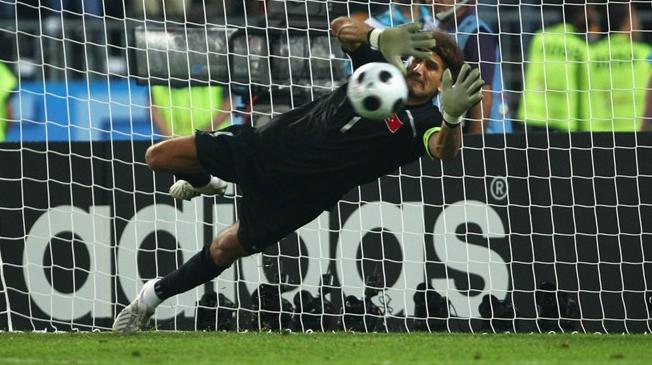Sadly this past weekend, Steve Gilliard died, which lead to an outpouring of grief in the leftwing part of the blogosphere and also to a long needed Wikipedia entry. Unfortunately, this started another Wikipedia clusterfuck, as the article was nominated for deletion, after having been speedily deleted and then restored first by an editor who was slightly too quick to judge. Needless to say, this did not sit well with the people mourning Steve’s death. The resulting discussion on the proposal for deletion page was an …interesting look at what happens when two online cultures clashed.
On the Wikipedia side, those editors who supported deletion kept hammering on notability as the reason why the article should not be included and that notability should be established by citing respectable sources. What this means is that for Wikipedia, having a popular, much read blog is not enough: it has to be proven this blog has an influence outside itself, preferably by being cited in sources that are not blogs themselves, like newspapers or books. This is not in itself an onerous requirement: most blogs are just vanity vehicles after all, with little impact on the wider world or much to say about them. And while his readers knew how influential Steve was, ths still needs to be established for those who did not know him.
On the blogging side, this all seemed like nitpicking and worse, disrespectful for a much loved blogger who had just died, with several people thinking this was a rightwing attempt to “obliterate [his] memory”. Warnings about this debate therefore quickly spread through various blogs, which lead to an influx of people wanting to register their disgust and/or voice their support to keeping the article. This in turn set off the Wikipedias again, whose more experienced editors know very well how often deletion debates have been derailed by malicious trolls.
Fortunately, there were still sensible people on both sides, with various Wikipedians patiently explaining the policies developed over the years for notability and such, while bloggers went and established this, leading finally to a decision to keep the article. Yet all this uproar had not been necessary had the original editor who proposed to delete it not been so quick to jump the gun and actually investigated Steve first…
There are some lessons for Wikipedians to be learnt from this. First, we should remember that there is life outside of Wikipedia. Vast, cool unsympathetic intelligences may be watching your perfectly legitamite actions on Wikipedia and think you a villain. Recently, Wikipedia has clashed with webcomics fans over the deletion of a whole range of entries about webcomics for not being noticable, with science fiction fandom for thinking James Nicoll was not worthy of inclusion and Teresa Nielsen Hayden wasn’t an expert on sf and now with leftwing political bloggers for the ill advised attempt to delete him from Wikipedia. These actions may all have been undertaken with the best of intentions, without any malice towards the subjects in question, but that is not as it comes across. We need to realise that and be more careful in such conflicts to explain ourselves.
Which leads to the second lesson: Wikipedia is almost impenetrable for new users. It’s supposed to be the encyclopedia anybody can edit, but if you want to do more than just do some little copyediting on some innocent little article, you need to start learning about a lot of policies, a lot of jargon and unfortunately, a lot of politics. In situations such as this therefore, with huge numbers of new people getting their first taste of Wikipedia behind the screens, we need to make sure (again) to explain what we mean, what the policies are and how things work.
The final lesson is that maye, just maybe, the policies on notability are due for a drastic overhaul. They were originally drawn up to protect Wikipedia from spammers and vanity articles, but over the years they’ve hardened to the point that anything that’s obscure or too nerdy is automatically suspect. It doesn’t help that some editors seem to be more active in deleting articles than in writing them… We need to realise that Wikipedia can cope with having articles on semi-obscure webcomics, sf fans and political bloggers, that only true spammers or vanity articles should be deleted, nothing else.
